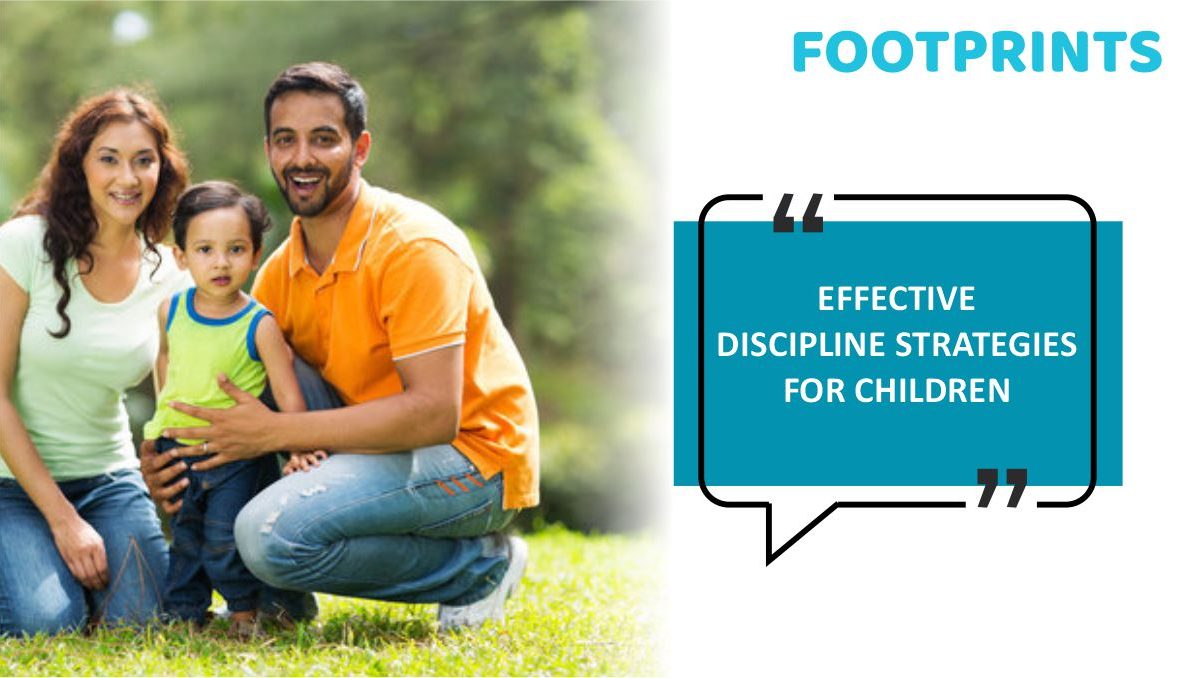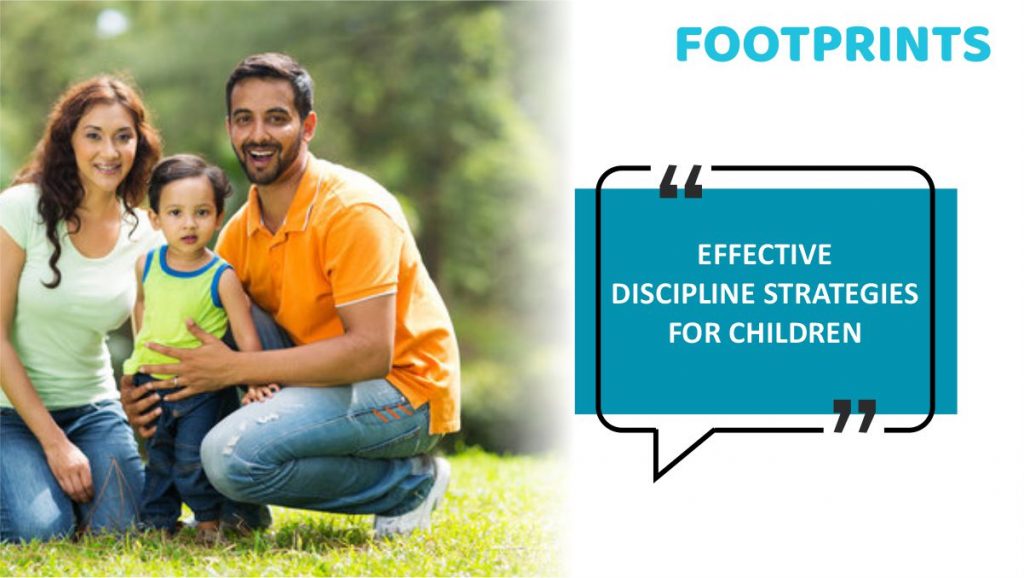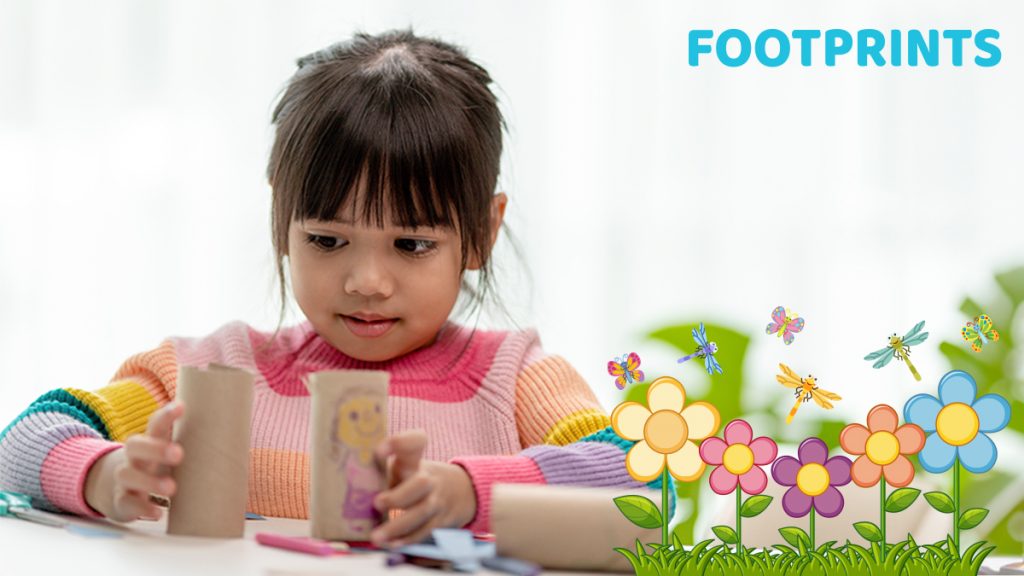

At some point, every parent wishes that parenting came with a manual. The fact, however, is that parenting is a work in progress. One of the big tasks cut out for parents is to learn and adopt healthy discipline strategies that teach children to manage their behaviour while promoting healthy development and keeping them from harm’s way.
Effective discipline demands that harsh words and corporal punishment be kept at bay. Research has shown that it only increases aggression in the child. Physical punishment can have long-lasting adverse effects. For one, it sparks a negative cycle. The more children are spanked, the more they misbehave, which in turn leads to more spanking. The message that it also passes on to the child is that it is okay to cause someone pain when you are frustrated. The child, in turn, internalises this message and is likely to hit others when they feel frustrated or do not get what they want.
What, then, are some effective discipline strategies that are yelling-free and also free of physical punishment? Let’s find out.
Positive Discipline Strategies
1. Model positive behaviour
First things first. Children learn from what they experience far more than what they’re told to do. It is essential, therefore, that you model positive behaviour. If, for instance, the rule that you set is that there should be no screens at the dinner table, it is imperative that you model that behaviour. Children also learn, for instance, from how you handle conflicts and disappointments. If you handle them calmly, they will internalise the same.
2. Set limits
Among the most crucial discipline techniques is to set reasonable limits for children and also communicate them to them in an age-appropriate manner. The rules need to be clear as well as consistent. If the child only needs a little tantrum for you to flex the rules, they will soon learn it as a strategy. While you make rules, an essential part is ensuring that if rules are broken, there are consequences to follow through. For instance, it is not enough to say that the rule is that the child has to put their toys in place after a play session. The child also needs to be told that the consequence of not putting the toys back in place is that they will not get to play with them for the rest of the day. Pro tip- In fixing a consequence, it is essential to ensure that it is reasonable and that once you have laid down the consequences, you follow them through.
3. Talk to your child
While laying down consequences is essential, it is equally important to see why the child is misbehaving or if there is a pattern to the misbehaviour. It is necessary that you give the child the requisite attention and a listening ear. Several times, misbehaviour may only be a way to catch your attention. Look at these patterns carefully. Take the time to offer the child positive reinforcement. Often, your attention itself can do the trick and solve the issue of misbehaviour.

4. Praise effort
In keeping with the above point, it is important to praise effort and not just results. Often, we make the mistake of crediting only results. “What a good boy you are,” this sentence said when the child gets good marks in school, links the child’s self-esteem to marks. Instead, it always works well to notice the effort that the child has put in.
5. Ignore
Sometimes, ignoring bad behaviour, which isn’t dangerous, is also the key. If the bad behaviour does not get the requisite attention, the child tends to stop it. Also, natural consequences of bad behaviour kick in at times, pushing the child to snap out of it.
6. Redirect attention
One of the various types of discipline techniques is to redirect the child’s attention to something positive so that they shift focus.
7. Time Out
If the child breaks a specific rule, it works well to warn them that a timeout will follow. If the child continues the behaviour, remove them from the situation for a “time out” of a pre-specified duration, depending on the child’s age. More than a punishment for children, it can become an effective tool enabling the child to learn to practice self-management skills.

8. All emotions are good, but all actions may not be
It is also important to teach the child that it is okay to experience emotions and that no emotions are bad. What is not okay, however, is to undertake negative actions under these emotions. For instance, if the child hits a friend because the friend refuses to play with them, it is okay to point out and say that the child was sad that the friend wasn’t playing with him. In this case, the sadness is to be validated, not the action of hitting.
There you go; with these yell-free and positive disciplinary approaches, you will ensure that the child learns to manage their behaviour and that you do not give them a free pass to display bad behaviour. Remember, though, that toddlers and preschoolers are at a stage where they want to assert their independence. Do not let situations, therefore, escalate into power struggles. Importantly, remember that sleep or hunger can act as triggers and ensure that nap times and mealtimes aren’t compromised.
In handling all this remember that if you ever feel too frustrated or out of control, give yourself a similar time out to relax before you deal with the child. Another essential thing to remember is that parenting is a tough job, so be kind to yourself. If you do behave in a manner that isn’t right, admit your mistake to the child, say sorry and start over again. If anything, it will be a good lesson for the child to acknowledge one’s mistakes.
Stay tuned to this space for more informative articles. At Footprints Playschool, one of India’s largest chains of play schools and creches, our focus is on children’s holistic development.

Purvesh is a multidimensional leader at Footprints Childcare. As a TED speaker and IIT-Delhi alumnus, his passion for education is fueled by his experiences as a certified life coach and parent. He goes beyond traditional parent engagement activities, creating meaningful connections through insightful parenting workshops and open communication channels. Purvesh’s commitment to empowering parents, teachers, and students is the foundation of everything we do at Footprints. What motivates Purvesh? As a parent himself, the challenges his son faces in the educational system are the driving force for him.

